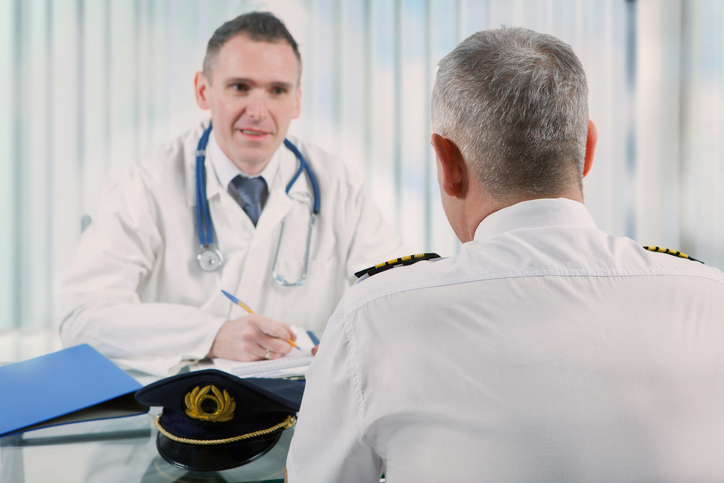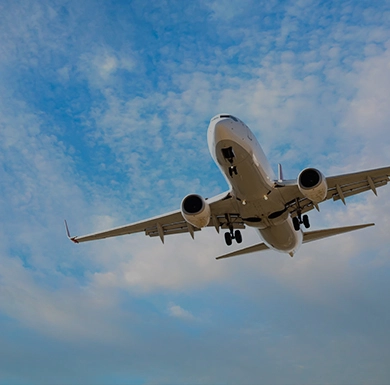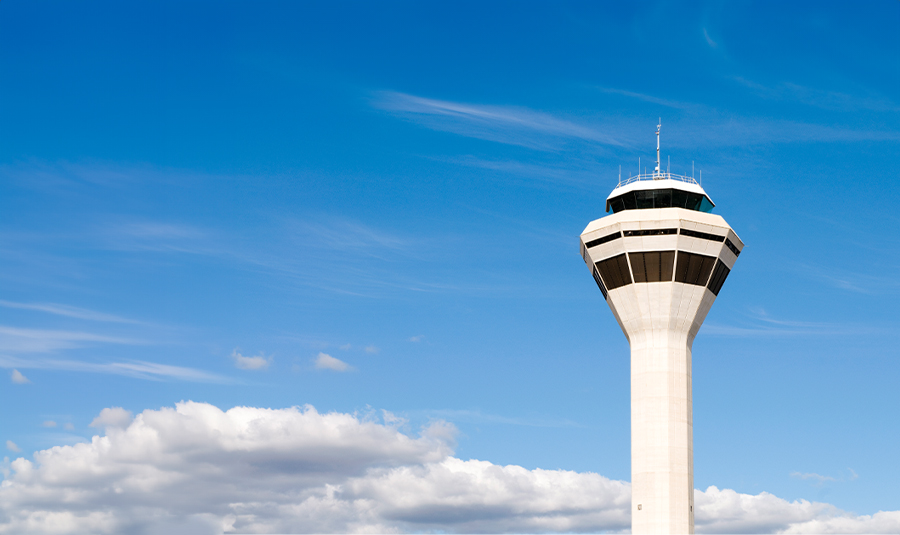
Donating blood is an act of kindness that saves lives, but for pilots, it raises important safety questions. Flying requires clear thinking and full physical ability, and donating blood can cause temporary changes in the body that might affect these skills. Let’s explore what pilots need to know about flying after giving blood.
Why Donating Blood Affects Pilots
When you donate blood, your body experiences a temporary drop in blood volume and red blood cells. This can cause symptoms like:
- Feeling tired: Your energy levels might drop as your body adjusts.
- Dizziness or lightheadedness: Losing blood can lower blood pressure.
- Lower oxygen levels: Reduced red blood cells mean less oxygen is carried to your organs, which could be risky at high altitudes.
Even mild symptoms can interfere with a pilot’s ability to fly safely, making it crucial to plan carefully after donating blood.
How Long Should Pilots Wait to Fly After Donating Blood?
Aviation authorities, like the Federal Aviation Administration (FAA), suggest that pilots wait at least 24 hours before flying after donating blood. This gives the body time to recover and reduces the chance of feeling unwell in the cockpit.
Here are some additional tips to ensure a safe recovery:
- Check for symptoms: Make sure you feel normal and don’t have dizziness or fatigue.
- Stay hydrated: Drinking plenty of water helps your body replace fluids.
- Eat a healthy meal: A good meal can boost your energy and help with recovery.
- Rest if needed: Avoid physical activity or stressful tasks after donating.
By following these steps, pilots can ensure they are fully fit to take on the demands of flying.
Legal Responsibilities for Pilots
Pilots have a legal duty to ensure they are fit to fly before every flight. The FAA requires pilots to use a checklist called IMSAFE, which stands for:
- Illness
- Medication
- Stress
- Alcohol
- Fatigue
- Emotion
After donating blood, fatigue or lightheadedness could make a pilot unfit to fly. Pilots who fly while unwell may violate aviation regulations and put themselves, their passengers, and their crew at risk.
Risks of Flying Too Soon
Flying too soon after donating blood can lead to serious medical problems, such as:
- Fainting: A sudden drop in blood pressure can cause loss of consciousness.
- Slow reactions: Fatigue or low oxygen levels might make it harder to make quick decisions.
- Altitude sickness: Symptoms like dizziness could worsen at high altitudes.
To avoid these risks, it’s always better to wait the recommended time and make sure you’re feeling 100% before taking off.
Tips for Pilots Who Want to Donate Blood
If you’re a pilot and want to donate blood, it’s important to do so safely to avoid any impact on your ability to fly. Here are some key tips:
- Plan your donation on a non-flying day or during a break in your schedule.
- Let the donation center staff know you’re a pilot so they can give you advice about recovery.
- Eat and drink plenty before and after donating to keep your energy up.
- Avoid alcohol or caffeine after donating, as these can dehydrate you.
By taking these precautions, pilots can safely donate blood while ensuring they are fit to fly.
Flying Safely After Donating Blood
Donating blood is a meaningful way to help others, but for pilots, it’s important to plan carefully. Always wait at least 24 hours, monitor how you feel, and follow FAA fitness guidelines to ensure safe flying. Making thoughtful decisions helps protect you, your passengers, and everyone in the skies. If you have further questions, reach out to an experienced aviation lawyer for legal guidance.
Contact the Aviation Lawyers from The Ison Law Firm Aviation Lawyers for Help Today
You need both a pilot and a lawyer on your side for your aviation law needs. Don’t hesitate to contact our team from The Ison Law Firm Aviation Lawyers to schedule a confidential consultation with an experienced aviation lawyer today.
We’re pilots representing pilots. The Ison Law Firm Aviation Lawyers offers FAA enforcement defense and medical certification representation worldwide!
The Ison Law Firm Aviation Lawyers
Phone: Toll-Free 855-322-1215
Office Hours: Mon – Thu, 9:00 AM to 5:00 PM
Fri, 9:00 AM to 12:00 PM
Disclaimer: Messages left for attorneys after these business hours will be addressed the following business day, during business hours.

